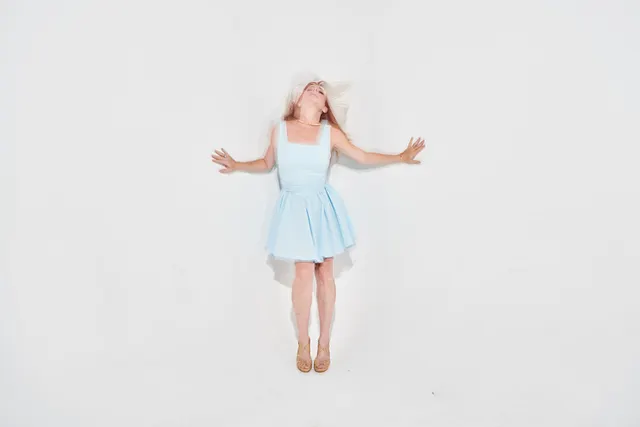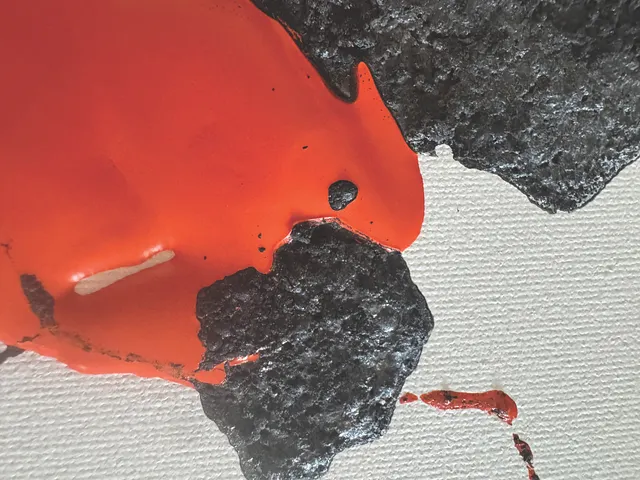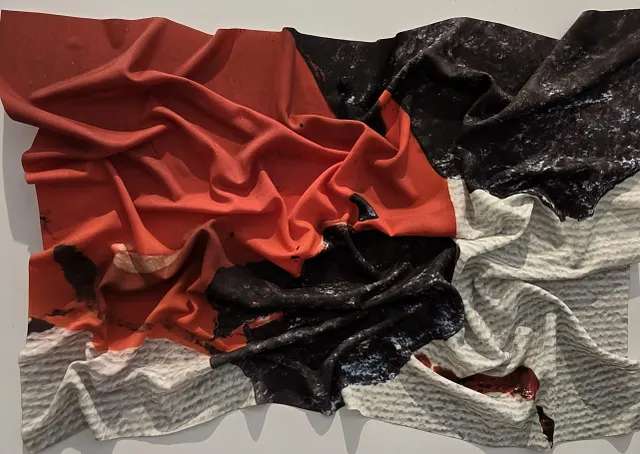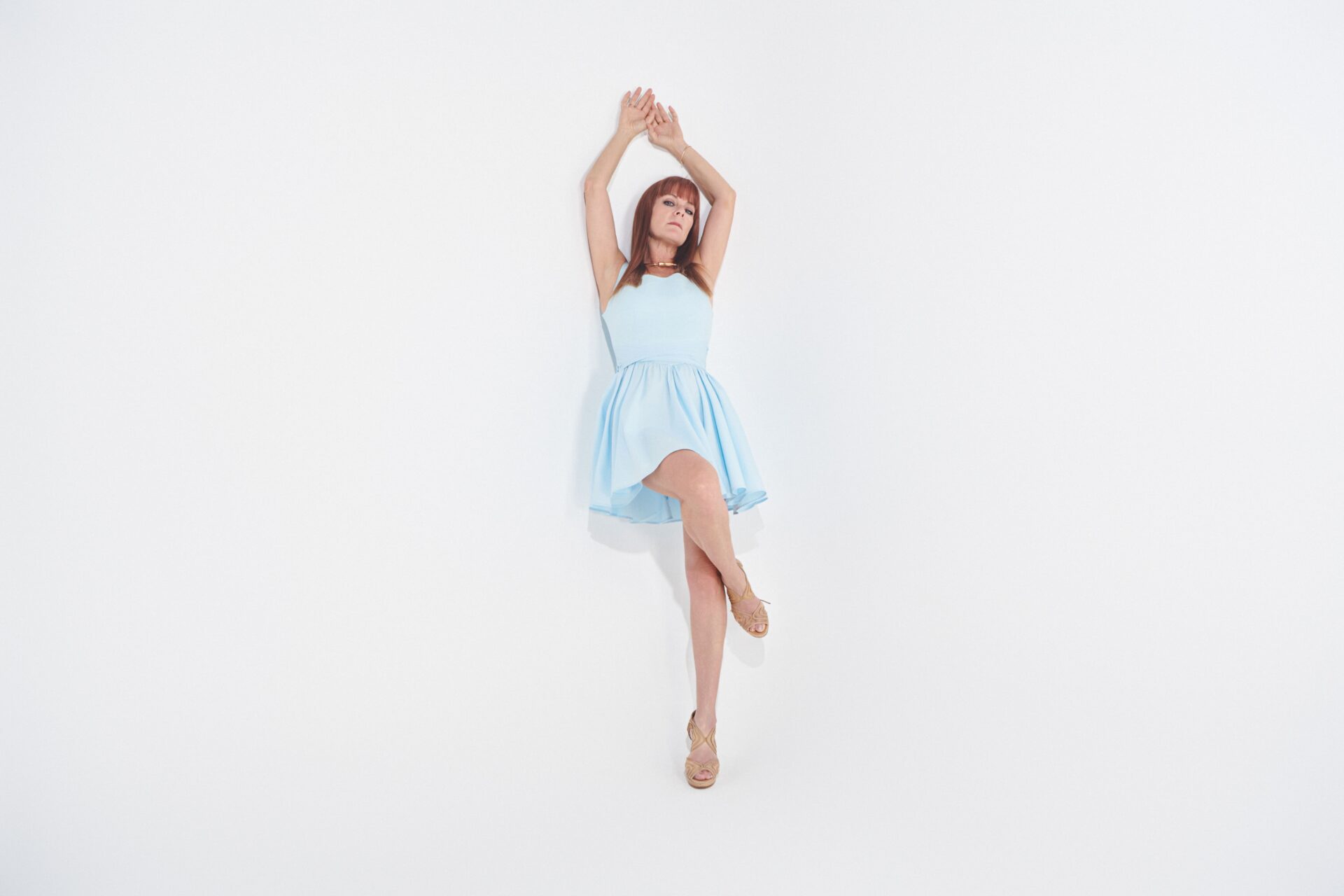Wabi-Sabi: Sari Fishman Between Poetry, Painting, and Impermanence
Dr. Sari Fishman’s journey this season begins in Japan. In Kobe, she opened her solo exhibition Inner Self Portrait at the GR Kitano Art Gallery, alongside Japanese translations of her two poetry books by Tomi Tanaka. Meanwhile, the Osaka Expo was concluding, where her works were presented in the Israeli Pavilion. Yet she herself had no time to visit—her schedule drew her toward Yokohama, for meetings with representatives of major pharmaceutical companies.
At first glance, her life seems restless, noisy, relentless. But within all this movement, Fishman insists, there is silence—not as emptiness, but as presence. In Japan, she has found a language that mirrors her own: wabi-sabi, the acceptance of imperfection, simplicity, and impermanence.
Instead of beginning with an explanation, Fishman opens with a poem from her new book Overdose, one that embodies the presence she seeks:
AT THIS MOMENT
when you are facing me
above me
or beneath me –
there is no problem
there is no memory
not even a future.
do with me as you please.
Placed here at the start, the poem sets the tone of her philosophy: life is neither a chase for perfection nor an escape from flaws, but the full embrace of presence itself. Wabi-sabi is the beauty of a perfect instant in an imperfect world.

Fishman explains that her art does not come from calculation or strategy. It arises as a natural impulse, as necessary as breathing. Her paintings are created by pouring materials—tar, acrylic, silicone—directly onto the surface, allowing them to settle into their own form. “I don’t plan a line or try to make it perfect,” she says. “The materials fall as they are. That is the work.”
Her poems arrive in the same way—written in a single gesture, unedited, uncensored. “What comes out is what I leave,” she explains. “Even if it feels raw or unfinished, that is its truth.”
This philosophy extends to her dance as well. On stage she often makes mistakes—missing steps, losing sequences, even experiencing a blackout. But she does not stop. “I’m not dancing for trophies,” she says. “I dance to dance. To enjoy the stage, to live the moment. The mistakes are part of it, and they are human. That is the beauty.”
In October, Fishman will bring her Overdose series to Florence, just steps from Michelangelo’s Medici Chapel. She often reflects on his unfinished sculptures—non finito. Not failure, but truth. Life itself is never complete. Why should art pretend to be?
To embody this idea, she reprinted photographs from Overdose—balanced, clean, quiet—and then destroyed them. Heat. Wrinkles. Scars. The images became resistant, “ugly,” difficult to face. Yet their essence remained. “The surface is never the truth,” she says. “What matters is what comes through. If the core survives distortion, then it is real.”


YOU THINK
therefore you suffer.
open your mouth.
take me in.
This piece serves as a reminder that thought itself breeds suffering, while presence alone brings freedom. Like Michelangelo’s stone left incomplete, the poem refuses polish. It is stripped to its essence—stark, imperfect, and true.
Back in Tel Aviv, Fishman carries the spirit of wabi-sabi into the spaces she chooses. At Amama, the city’s new jazz club, she curated her Psychedelic Self-Portrait series—works previously shown at the Venice Biennale, in Spain, and in Barcelona, with one photograph now part of a European museum collection. For her, showing the work in a club was no less meaningful than hanging it in a museum. This was a choice in the spirit of wabi: to honor simplicity, to dissolve hierarchy, and to insist that art belongs wherever people gather, not only in elite institutions.
The same spirit guided her to hang her Self-Portrait series in silkscreen inside a neighborhood hair salon. First exhibited at FlyerArt Gallery in Rome, the works now fill an everyday space where people come and go, mirrors fog and clear, time itself leaves its mark. This is sabi: the beauty of time, of ordinary settings, of life unfolding in places that are far from polished but deeply alive.
This fall she also launches poetry nights at Berlin, a neighborhood bar in Florentin, Tel Aviv. Twelve poets, along with two of her translators, will take part in the first gathering on October 15. She has even produced a book collecting all the poems to be read, and plans to do the same for each future event, held every two or three months. For Fishman, opening these evenings is not about recognition or reward. It is closer to the wabi-sabi idea of creating space leaving room for others to step forward, to share their voices, and to meet in the most unadorned way.
As Fishman turns 54, she feels an even deeper connection to impermanence. It is not something she resists, but something she embraces: a quiet sense of fulfillment, knowing that each moment will not return. For her, this is the essence of wabi-sabi—an intuitive response to life’s true nature, where beauty is found not in permanence or perfection, but in the fleeting, the unpolished, and the incomplete.
She closes not with a declaration, but with a poem from Overdose that gestures toward Laozi—ancient Chinese thinker of simplicity, harmony, and wu wei (action without force)—whose spirit has become a quiet motto in her life and art:
AN ANNOUNCEMENT
Laozi,
it seems to me you were pleased
with the way I am,
living.
For Fishman, these lines aren’t theory; they are practice. Art, like life, doesn’t need to be perfect or controlled. It needs to be true, unfolding as it is.
Photograph Credits: Pini Siluk

